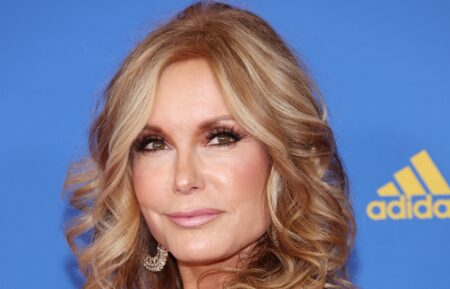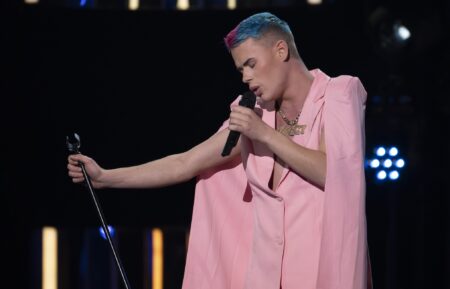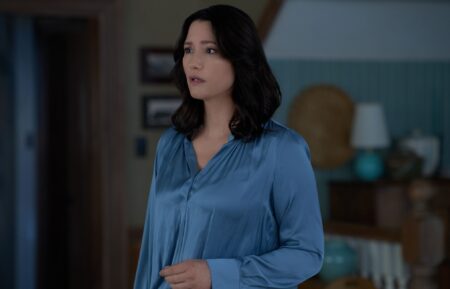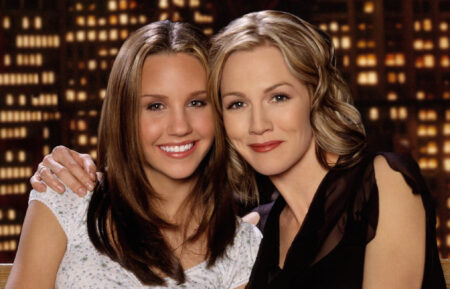Shame on the Oscars: What Film Can Learn From TV on Getting Race Right
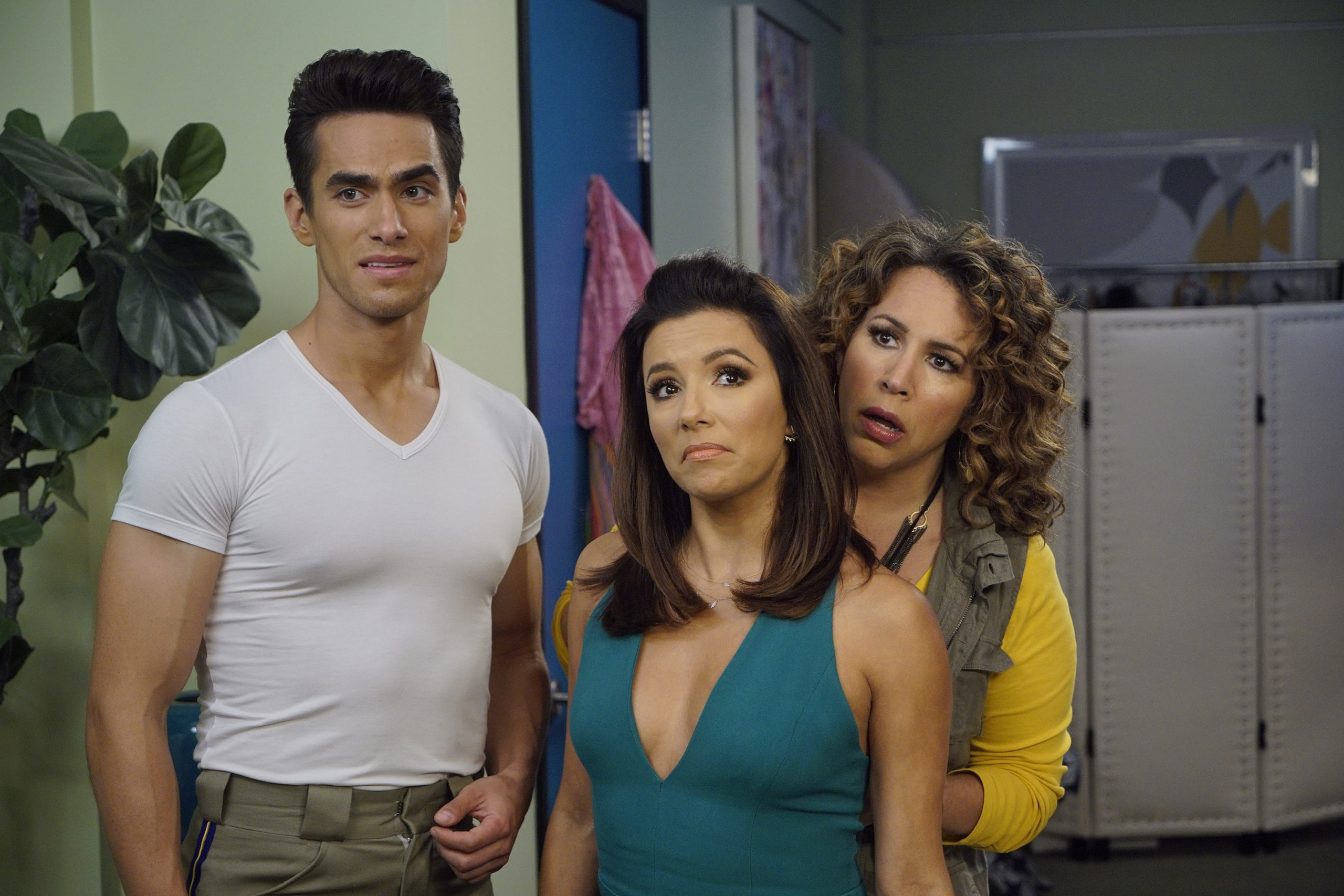
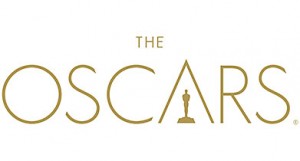 As TV makes great strides in diversity, movies look pale in comparison.
As TV makes great strides in diversity, movies look pale in comparison.
That dichotomy was brought home in January when Academy Awards voters failed to nominate a single person of color in the acting categories. The hashtag #OscarsSoWhite quickly returned on Twitter and other social media.
The divide between the film and television industries was abundantly clear during the Screen Actors Guild Awards on January 30. The SAG Awards offered plenty of diversity, as stars including Uzo Aduba, Queen Latifah, Viola Davis and Idris Elba all collected trophies for their TV roles. (Elba actually won twice, for his work in TV’s Luther and the film Beasts of No Nation—but Beasts comes from Netflix, the TV streaming service where most viewers saw it.)
RELATED: The Emmys Showed How Diversity Is Done Right
Comedian and talk show host Steve Harvey agrees that TV has “come a long way. You have African-American women who have leading roles now,” he says, referring to ABC’s How to Get Away With Murder, starring Davis, and the Kerry Washington-led Scandal.
“This is a diverse world, and people are starting to realize that,” NBC Entertainment President Jennifer Salke says. “I don’t feel like I have to pull out a ruler and tap people on the knuckles and say, ‘Hey, you’re not bringing any diverse choices, and why is your cast white?’ The fact that [TV shows] have been so predominantly white for so long is something I find completely infuriating.”
In fact, in January NBC launched three shows with Latina leads: Shades of Blue (Jennifer Lopez), Telenovela (Eva Longoria) and Superstore (America Ferrera). Along with dramas Murder, Scandal and Quantico, ABC fares well with the diverse family comedies black-ish and Fresh Off the Boat.
“It feels like the floodgates have opened in the last couple of years,” says Fresh Off the Boat executive producer Nahnatchka Khan. “Even shows as little as ten or five years ago, compared to now, oh wow. There really has been a sea change.”
RELATED: Why Eddie Huang Is Finally Okay With Fresh Off the Boat
While many comedies in the 1970s boasted diverse casts—especially thanks to Norman Lear sitcoms like The Jeffersons and Good Times—20 years later, megahit Friends was criticized for its all-white cast, and comedies with African-Americans were marginalized to smaller networks UPN and The WB.
“How the hell do you have that show Friends in New York and none of them are black?” Harvey says. “If it was in Rhode Island, I get it. But New York?”
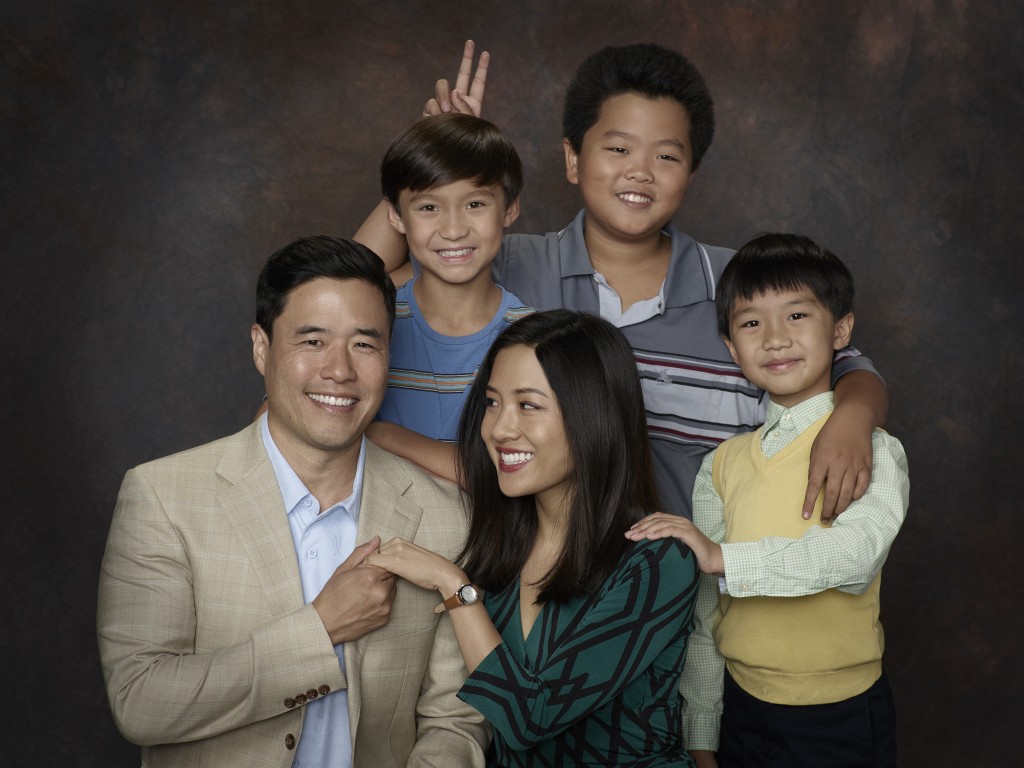
Fresh Off the Boat
A multiethnic coalition made up of Latino, Asian-American and Native American groups began meeting with the broadcast networks in 2000, securing pledges to increase diversity at all levels. Each network even appointed an executive in charge of diversity efforts. And yet, progress was slow.
“There was a great deal of resistance up until year seven,” says Alex Nogales, president and CEO of the National Hispanic Media Coalition.
Nogales believes a new generation of TV executives finally filtered through the ranks–and not only are those younger programming heads are more diverse, but they have a real desire to make TV look more like America’s demographics.
“I remember one studio with 0 Latinos writing for their shows, out of 120 writers,” Nogales says. “All of a sudden they have 13. There has been a big evolution. It’s been because of business imperatives. “Then you had a new crop of people heading up entertainment units. It’s accelerated over the last 4 years. All of a sudden the new leadership was wiser. They got wise to the good business of having people of color in front of and behind the camera. They wanted to make money because they’re challenged by a lot of competition, like Netflix and Amazon. It’s a sink or swim kind of thing.”
Fox Television Group chairman Gary Newman says he can see why the film industry lags behind TV in diversity: It’s an international market problem.
“I get the movie problem, the bets they take financially are enormous and the rest of the world doesn’t look like our country looks,” he says. “When you do a story that’s heavily ethnic here, it’s hard to go abroad and generate the kind of revenue you might get from something else. It’s difficult, but for us our first concern is our market. We’re looking to do a show that works here. You do a show like Empire and lo and behold, the international markets respond just fine.”
The impact of last year’s megahit Empire—a drama with a predominantly African-American cast—also broke barriers, performing well both in the U.S. and abroad. “We’re not being politically correct; we’re being smart business people,” says Fox Television Group Chairman Dana Walden.
RELATED: The Empire Effect: Why Networks Are Ordering More Soapy Dramas
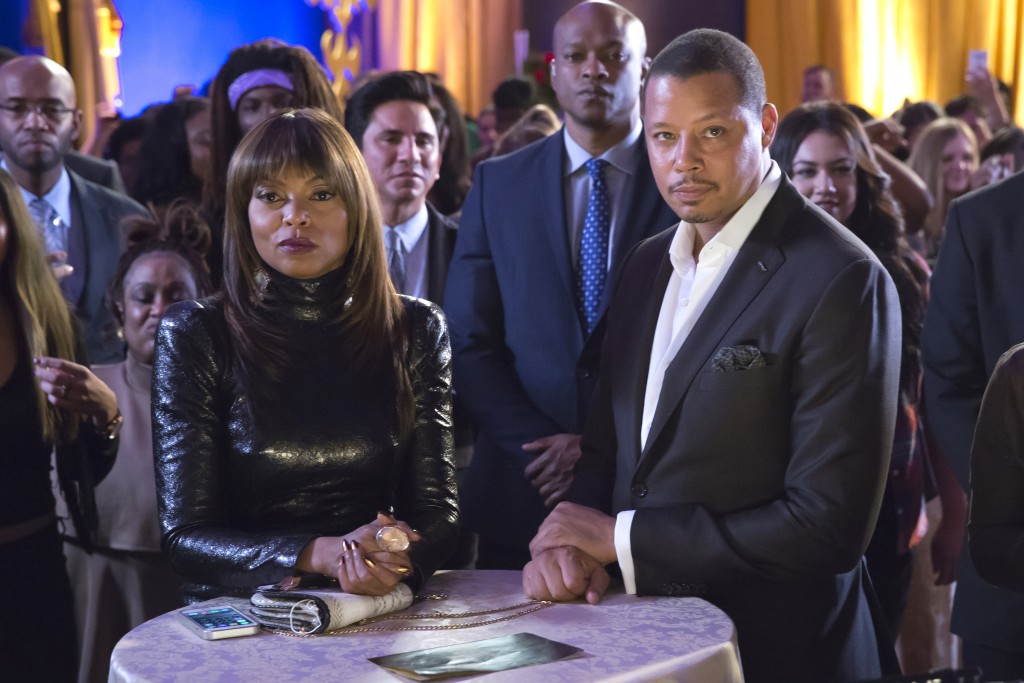
Empire
Khan credits networks and studios for making a genuine effort. “It’s not enough to have the idea and inspiration; you need to have the support financially, through scheduling and marketing,” she says. “There’s definitely been a clear focus on broadening the spectrum and scope of storytelling.”
TV still has a way to go, especially when it comes to representation in fields like directing and writing. “It’s about keeping the momentum going,” Khan says. “When you can discuss a show and its casting is not the first thing you talk about, that’s truly when we’re going to have parity. Wouldn’t it be awesome to be able to get more detailed in discussing a show other than just calling it ‘the Asian show’?”
More than 15 years after they began pushing the broadcast networks for change, Nogales and the multiethnic coalition announced on February 4 a plan to put pressure on the six major film studios—Sony, Warner Bros., Fox, Universal, Paramount and Disney—to become more diverse. “Are you going to do business the old way or the smart way?” Nogales asks. “[TV] learned. That’s something the film studios haven’t learned or don’t want to learn. We’re going to have to push them into it, whether they like it or not.”


